Talbert House - ADAPT for Men
Overview
For individuals battling alcohol and drug addiction, Cincinnati, Ohio's Talbert House - ADAPT for Men and Women offers comprehensive assistance. In order to promote long-term rehabilitation, they provide intense outpatient therapy, a residential program, and an aftercare program. Chemical dependence education, criminality and behavior modification, regular and random drug testing, educational and vocational programs, family counseling, and other helpful resources are all included into the program. This comprehensive strategy guarantees that every person gets care that is customized to meet their unique requirements.
To provide these vital services, Talbert House collaborates with a number of neighborhood groups, such as Prospect House, First Step Home, and the Central Community Health Board. Additionally, they work along with the Hamilton County Drug Court via the Drug Court Services Alcohol and Drug Addiction Partnership for Treatment (ADAPT) program, which assists chemically dependent people who have been charged with felonies linked to drugs. The whole program typically lasts 15 to 18 months, with an emphasis on evaluation, intense outpatient therapy, residential care for up to 90 days, and ongoing care.
Talbert House offers a wide range of programs centered on prevention, evaluation, treatment, and reintegration in addition to addiction recovery services, enabling kids, adults, and families to have safe, healthy, and productive lives. Their services are offered at many locations around Southwest Ohio, and they maintain an innovative culture that caters to the intricate requirements of their customers and their families.
The firm takes pleasure in providing a wide variety of services that are provided effectively and economically, along with high-quality, integrated care that is centered on best practices and is easily accessible.
Talbert House's dedication to upholding high standards of service delivery is further shown by its certification from the Commission on certification of Rehabilitation Facilities (CARF).
Talbert House - ADAPT for Men at a Glance
Payment Options
- Medicaid
- Medicare
- Private health insurance
- Federal, or any government funding for substance use treatment programs
- Per session
Assessments
- Screening for tobacco use
- Comprehensive mental health assessment
- Comprehensive substance use assessment
- Screening for mental disorders
- Screening for substance use
Age Groups
- Seniors or older adults
- Young adults
- Adults
- Seniors
- Adolescents
Ancillary Services
- Case management service
- Integrated primary care services
- Mental health services
- Social skills development
Highlights About Talbert House - ADAPT for Men
7.24/10
With an overall rating of 7.24/10, this facility has following balanced range of services. Alcohol Rehabilitation: 8.00/10, Drug Rehab and Detox: 7.23/10, Insurance and Payments: 6.13/10, Treatment Options: 7.58/10.-
Alcohol Rehabilitation 8.00
-
Treatment Options 7.58
-
Drug Rehab and Detox 7.23
-
Insurance and Payments 6.13
Accreditations
Commission on Accreditation of Rehabilitation Facilities (CARF):

CARF accreditation is a prestigious recognition for rehabilitation and human service organizations. It signifies that an organization meets high-quality standards and is committed to providing top-level care. CARF conducts rigorous evaluations to ensure compliance, enhancing an organization's credibility and reassuring clients and funders of exceptional service quality. This accreditation promotes excellence and continual improvement in the rehabilitation and human services field.
National Committee for Quality Assurance (NCQA):
NCQA accreditation is a recognition and evaluation process for healthcare organizations, given by the National Committee for Quality Assurance. It measures the quality and performance of healthcare providers, insurance plans, and managed care organizations in providing quality care to their patients. The NCQA accreditation is widely recognized as a benchmark for quality in healthcare and helps consumers make informed decisions about their healthcare options.
Council on Accreditation (COA):
The Council on Accreditation (COA) is a non-profit that provides accreditation to human services organizations to ensure they meet high standards in service delivery. The accreditation process involves evaluating the organization's policies, practices, and services to meet specific standards.
SAMHSA certification for opioid treatment program (OTP):
SAMHSA's Opioid Treatment Programs (OTP) Accreditation is a rigorous recognition process, signaling an OTP's commitment to high-quality care for those with opioid use disorders. It assures patients, families, and the community that the program adheres to evidence-based practices, maintains a safe environment, and employs qualified staff. This accreditation represents a commitment to addressing the opioid epidemic and promoting recovery, symbolizing quality and accountability in opioid addiction treatment.
Drug Enforcement Agency (DEA):
DEA accreditation refers to the process by which a law enforcement agency is recognized by the Drug Enforcement Agency (DEA) as having met specific training, operational, and resource requirements necessary to participate in DEA-led drug enforcement efforts. This accreditation allows the agency to perform DEA-related tasks such as conducting investigations, executing federal search warrants, and participating in joint task forces.
Treatment At Talbert House - ADAPT for Men
Treatment Conditions
- Alcoholism
- Substance use treatment
- Opioid Treatement
- Co-occurring Disorders
Care Levels
- Hospital inpatient treatment
- Long-term residential
- Outpatient
- Detoxification
- Outpatient detoxification
Treatment Modalities
- Cognitive behavioral therapy
- Substance use disorder counseling
- Group counseling
- 12-step facilitation
- Contingency management/motivational incentives
Ancillary Services
Additional Services
- Pharmacotherapies administered during treatment
- Mentoring/peer support
- Breathalyzer or blood alcohol testing
Special Programs
- Clients with co-occurring mental and substance use disorders
- Veterans
- Members of military families
- Criminal justice (other than DUI/DWI)/Forensic clients
- Clients with HIV or AIDS
Get Help Now
Common Questions About Talbert House - ADAPT for Men
Contact Information
Other Facilities in Cincinnati
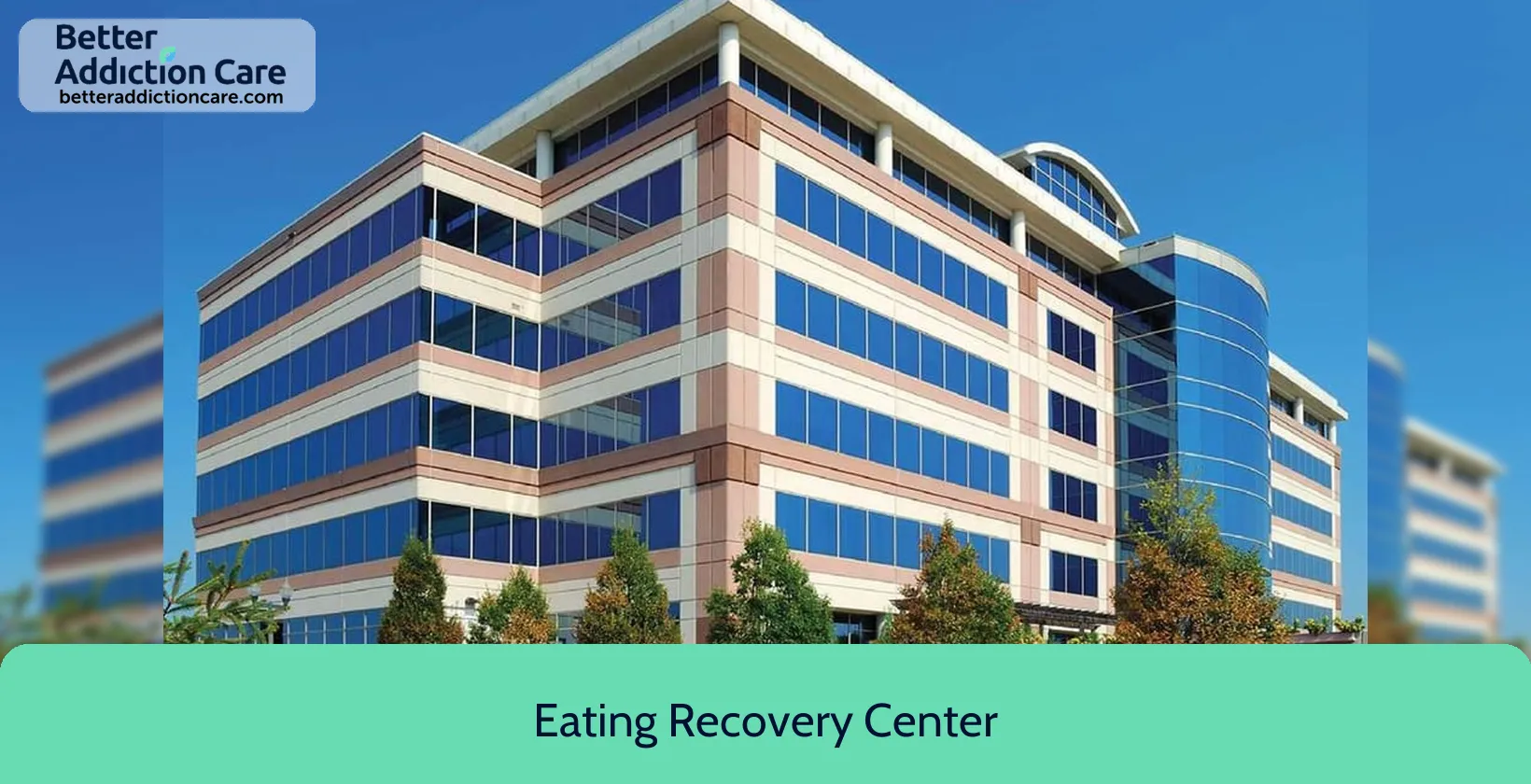
6.68
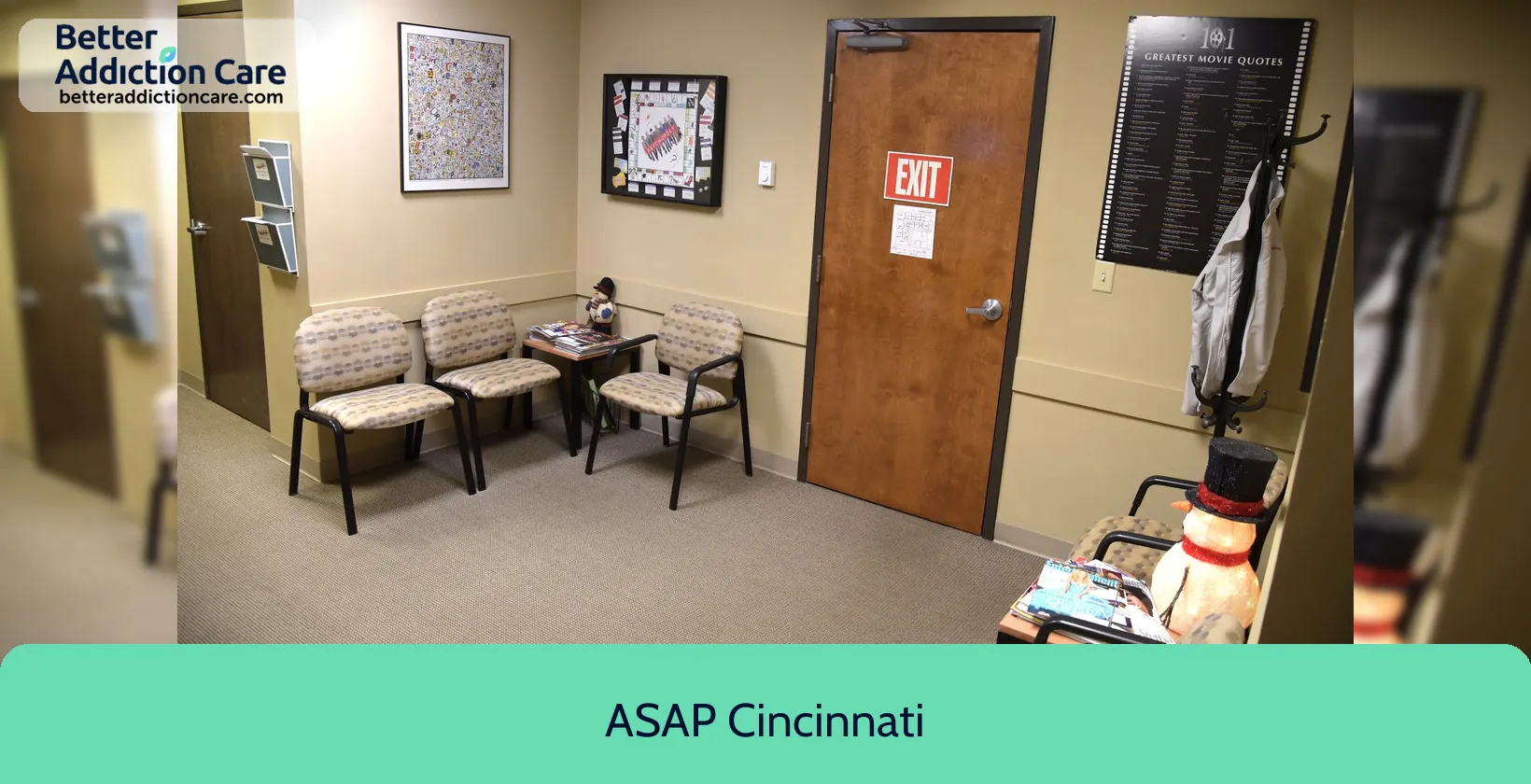
6.89
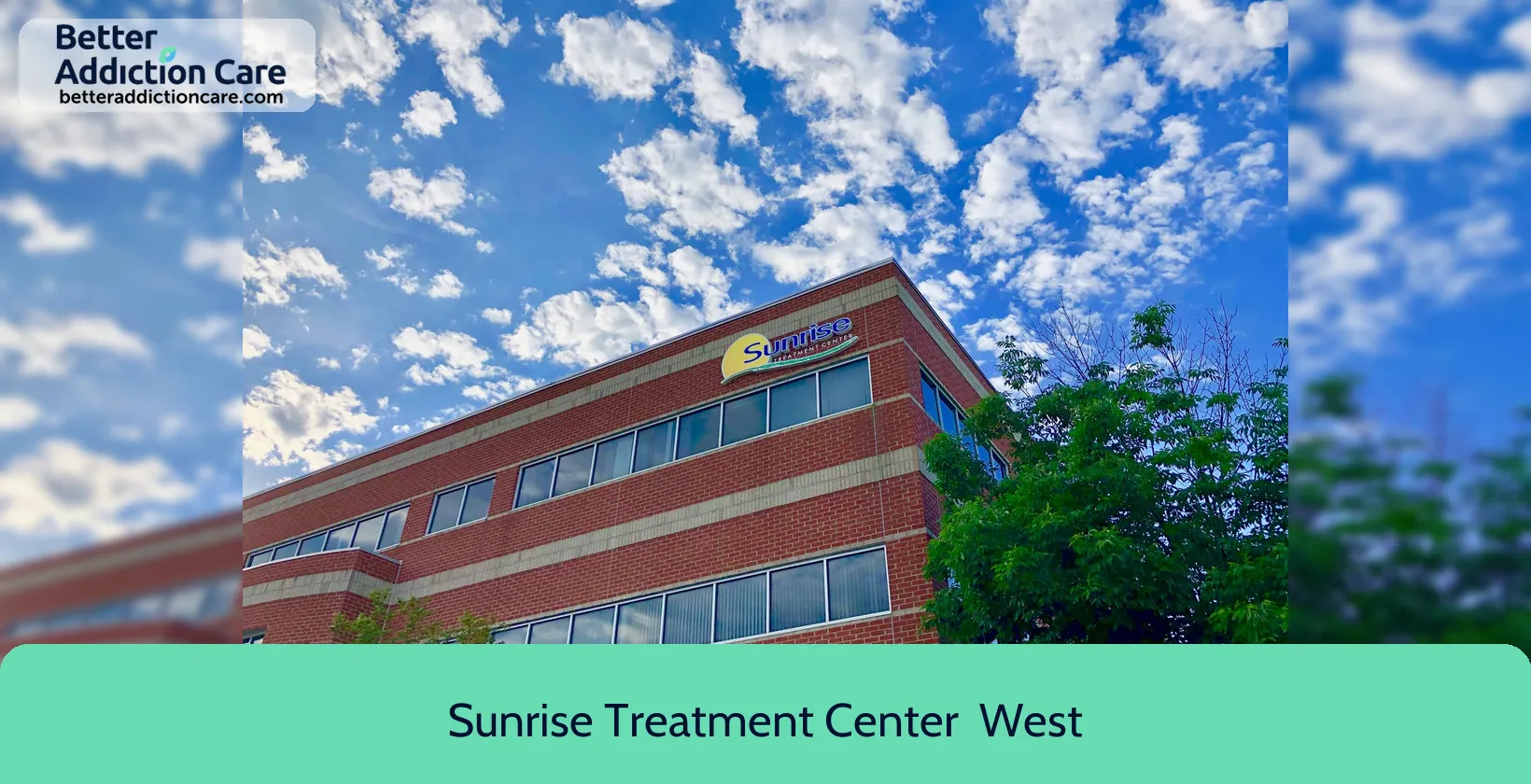
7.48
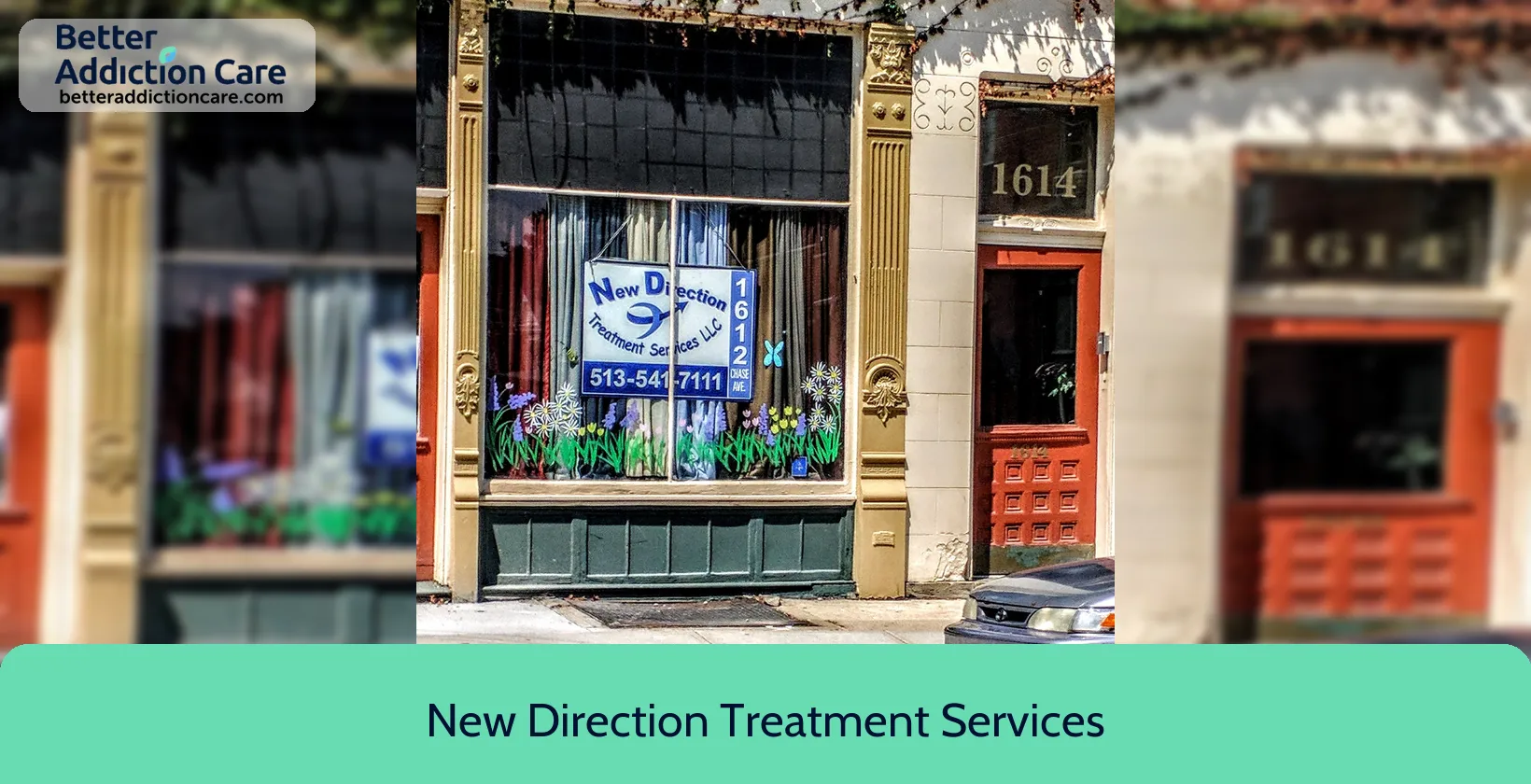
6.94
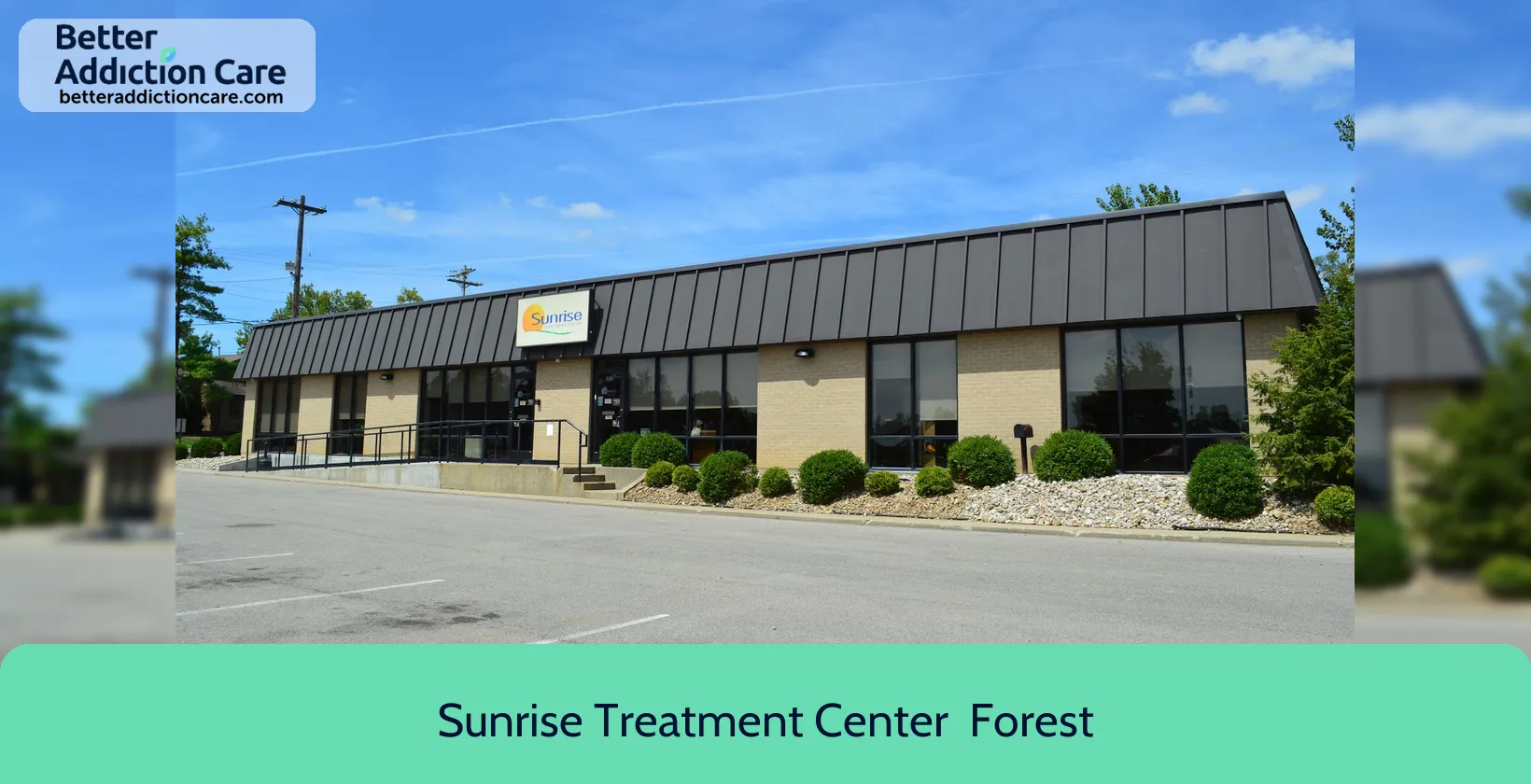
7.48
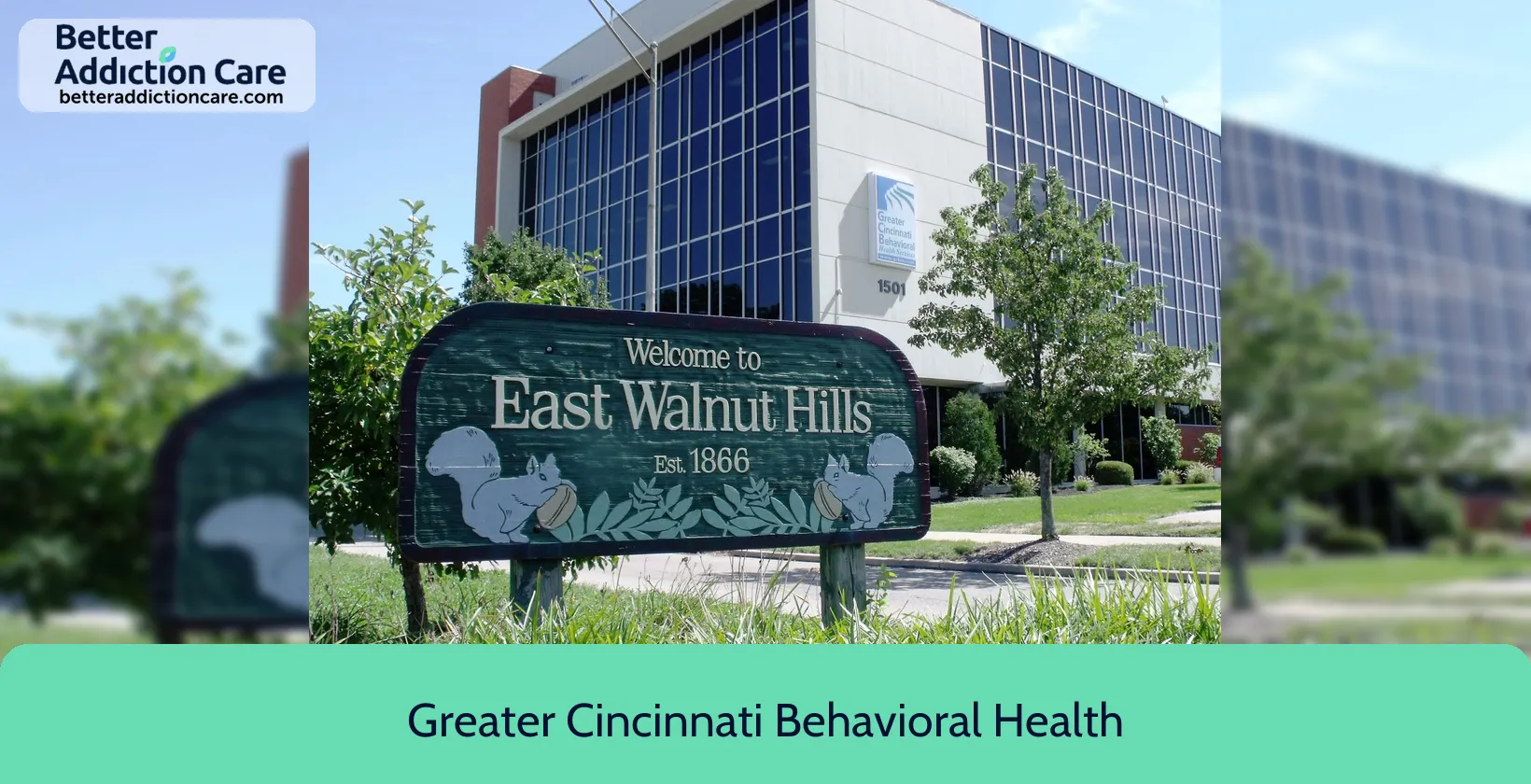
6.65
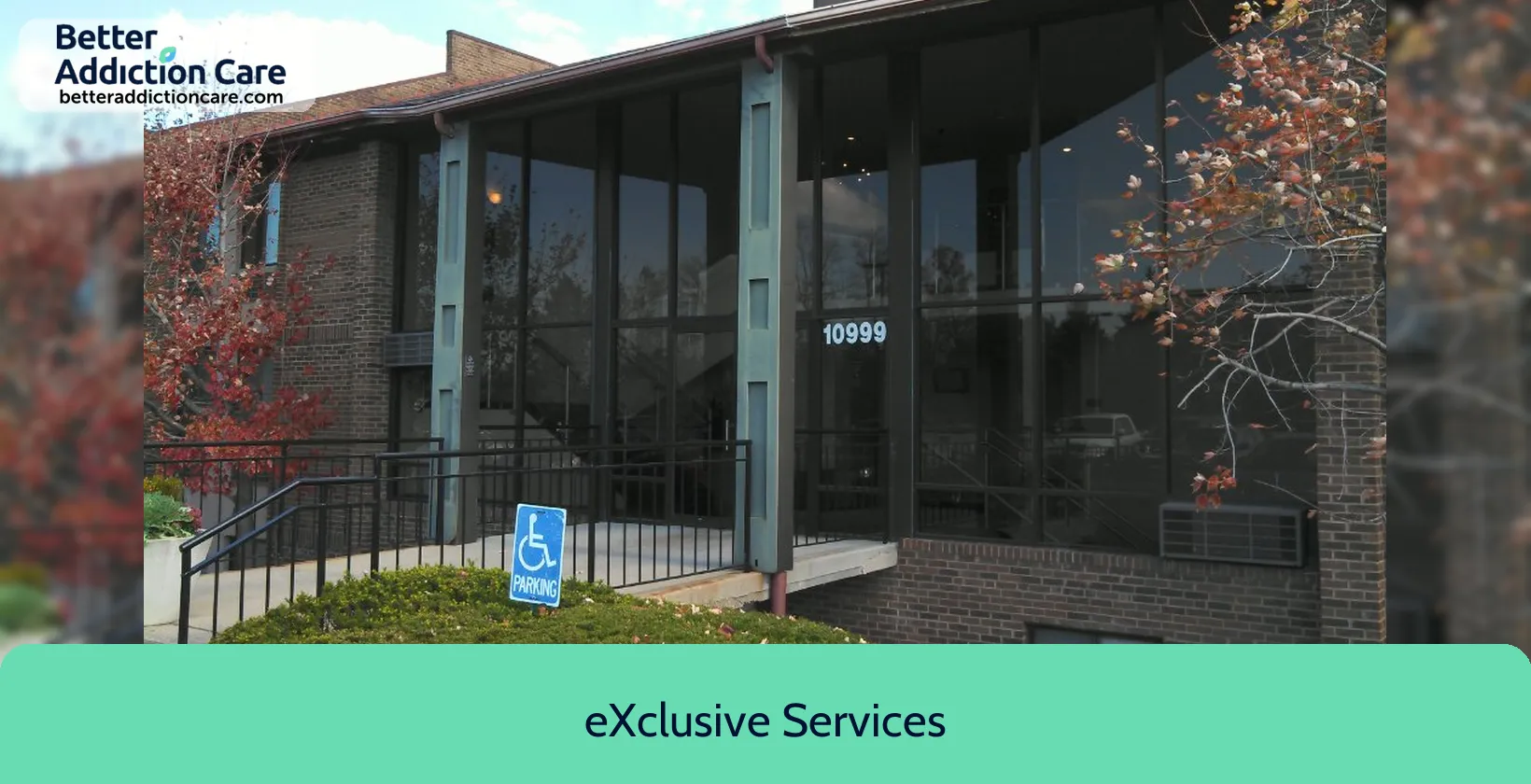
7.68
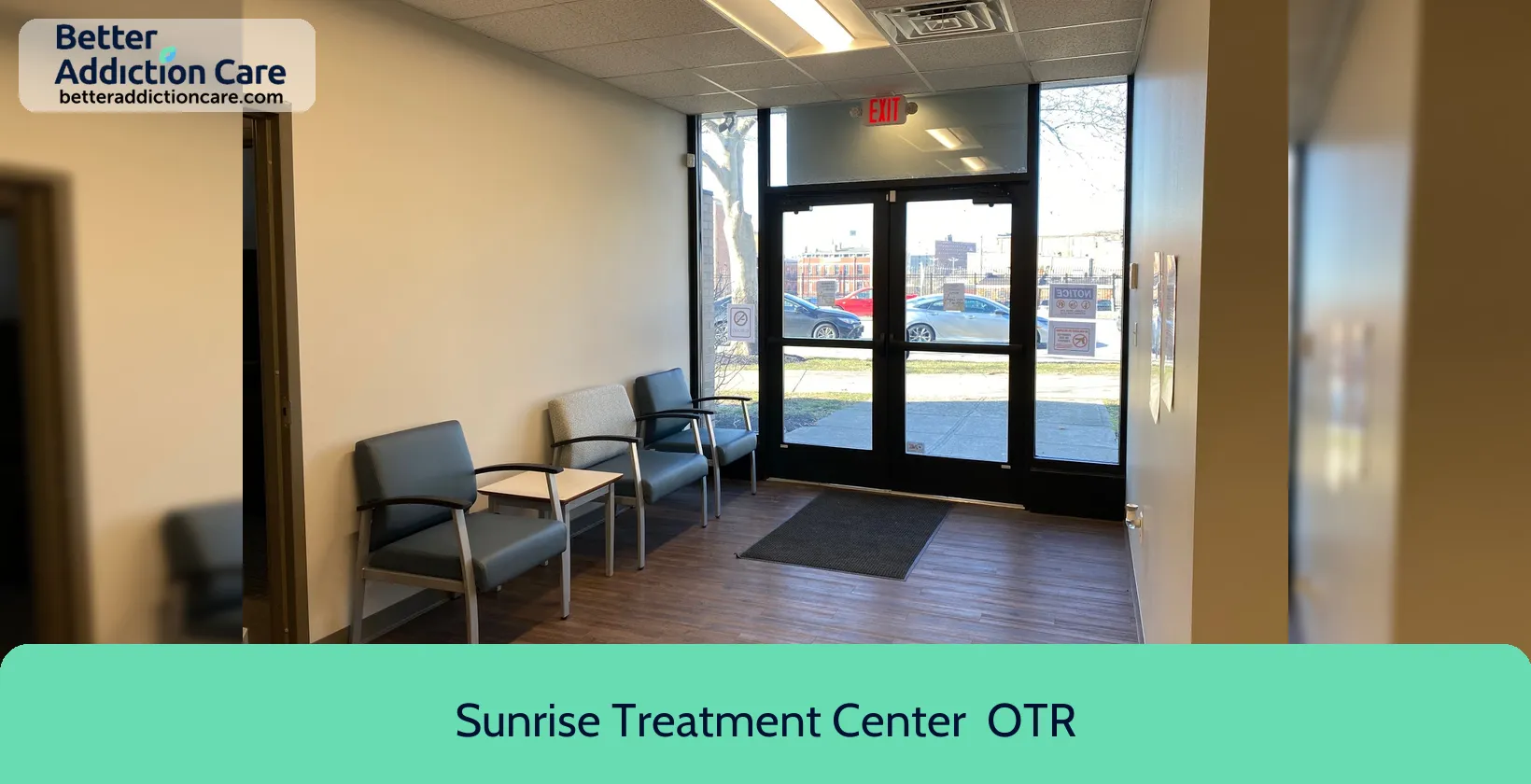
7.51
DISCLAIMER: The facility name, logo and brand are the property and registered trademarks of Sunrise Treatment Center - OTR, and are being used for identification and informational purposes only. Use of these names, logos and brands shall not imply endorsement. BetterAddictionCare.com is not affiliated with or sponsored by Sunrise Treatment Center - OTR.

